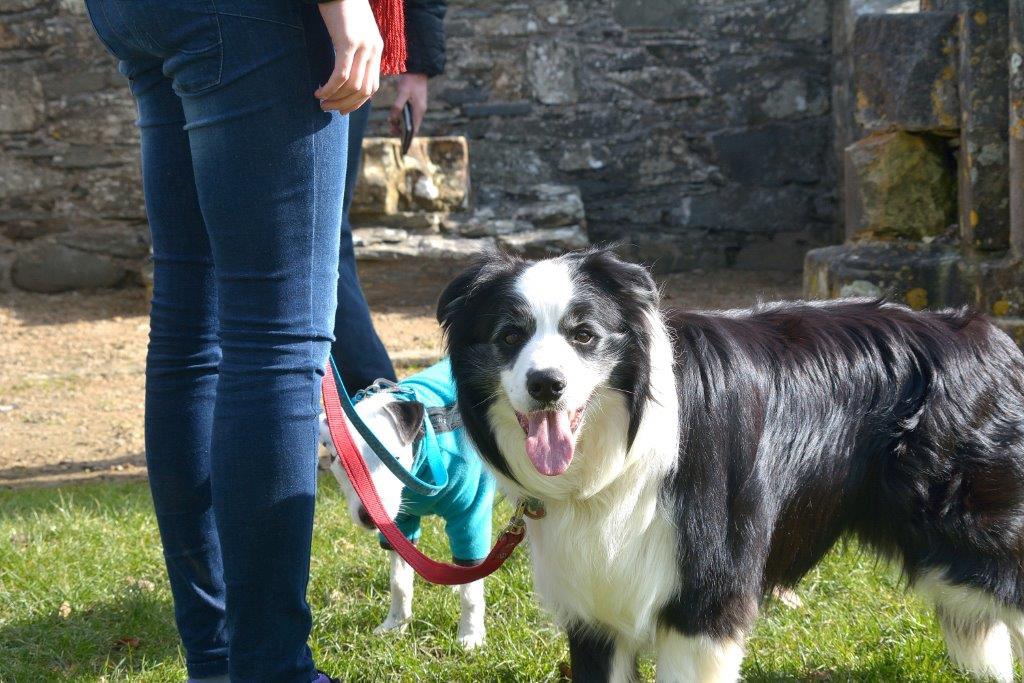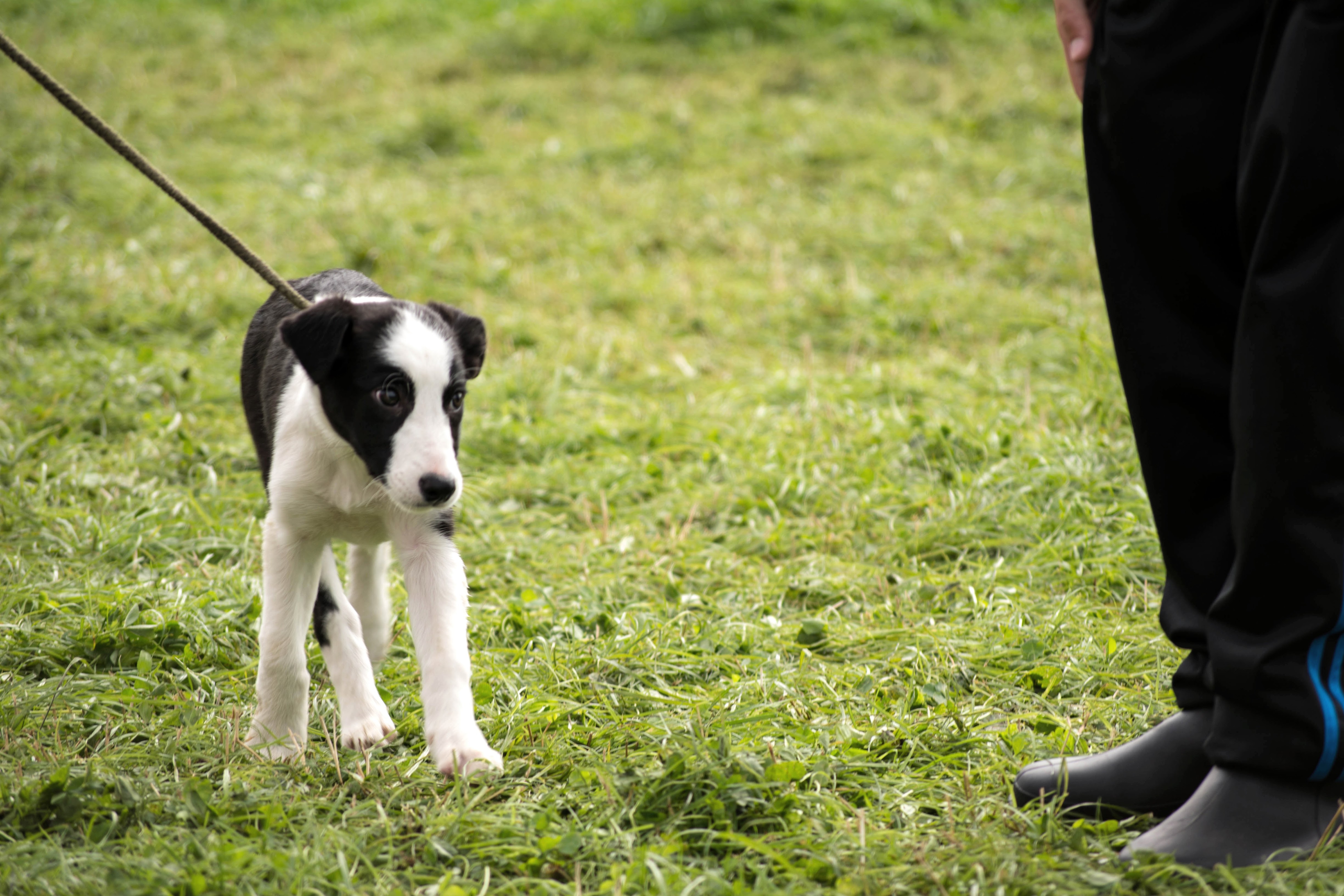 Dog theft is very distressing for both owner and pet. To try to reduce the risk of this happening follow the guidance and keep your dog safe.
Dog theft is very distressing for both owner and pet. To try to reduce the risk of this happening follow the guidance and keep your dog safe.
Top Tips:
Avoid leaving dogs in the garden or outside kennels if you are not home
Think twice before leaving your dog alone, secured outside a shop or any other location
Make sure your dog’s microchip information is up to date
Keep a current photo of your dog
Protect your dog against theft:
- Avoid leaving dogs in the garden or outside kennels when not at home.
- Ensure rear garden gates are locked at top and bottom with a shoot bolt and padlock.
- Consider fitting a bell or gate alarm as well. Do the same to any outside kennels.
- Make sure the garden boundary (fence, hedge etc) is secure so that no one can gain entry or pull your dog out or your dog cannot get out on its own.
- Keep your dog in view in the garden, don’t leave him outside unsupervised.
- Consider driveway alarms to alert you of visitors or use monitored CCTV/Alarm systems to areas around any outside kennels. These will alert you if anyone is close by.
- Never leave your dog secured alone, outside a shop. This makes them vulnerable and a tempting target for opportunist thieves.
- Avoid leaving dogs in cars alone and NEVER leave a dog in a car on a warm/hot day.
- Your dog should be microchipped and registered with current information. Use a collar and dog tag displaying contact details (don’t put your dog’s name on the tag use your surname).
- Take plenty of good, clear photographs of your pet so that it can be easily identified. Take photographs of your dog from various angles, and update them regularly (ie with groomed coats and when not recently groomed). Make a note of any distinguishing features. Also take lots of photographs of yourself with your dog, to help you to prove ownership if needed.
- Train your dog to come back when called and never let them off the lead if you are not sure they will come back to you. If in doubt, use an extending lead, especially if you are in an unfamiliar area where your dog may get easily lost.
Be aware of and report all suspicious vehicles or people to 101. Ask your neighbours to do the same. There have been a few reports of dogs being called and dog owners being distracted by someone,
whilst the thieves try to take the dogs. Don’t buy any dogs from social media sites or any person where appropriate documentation (ownership etc, pedigree papers etc) cannot be provided. This increases the demand for stolen pets.
Report all suspicious dog sales to the police on 101 or Trading Standards.
 Also:
Also:
- Don’t give details of your pets, your location or your walking locations out on your social media platforms.
- Take care when choosing someone to care for your dog if you are going away from home or need a dog walker whilst you go to work. Use a reputable company or boarding kennels and check references for people who provide dog or house-sitting services.
- If you breed puppies for sale, take details of anyone you are inviting in to view before they arrive.
- Try to have two people present from your home whilst viewing takes place and limit the numbers of people you allow in at a time. Show the puppies in one secure area, limit access to other areas of your house or property.
Prevent your dog being stolen while out walking:
- Beware of strangers asking you questions about your dog.
- Vary your times of walks and routes; to avoid dogs being targeted during walks.
If your dog is stolen:
If your dog is lost or suspected stolen, it is important to act quickly. Report all missing/stolen dogs on 101, so if found they can be reunited with their owners. After reporting it stolen to the police also advise your local authority and all other neighbouring local authorities.
If you believe your pet has been stolen, report it to the police and ask it is recorded as a theft and not a lost animal and note the crime reference number provided. Notify the microchip database provider and also consider reporting it to doglost.co.uk or their Facebook page. They coordinate thefts for each county and offer advice and support their Facebook page.
Visit places where dog walkers go such as local parks and public places and talk to people, asking them to keep an eye open for your dog. Make posters and display them in areas local to your home and also in relevant places such as vets,
local parks etc. The poster should include a clear photograph and details of the circumstances.
Make sure local vets are aware in case someone takes your dog in for treatment.
Report the loss on as many missing animal websites as possible – there is no single national missing animal database, so you will have to place the same information on all of them to ensure a widespread appeal.
Contact local animal shelters and rescue charities and send them posters to display.


